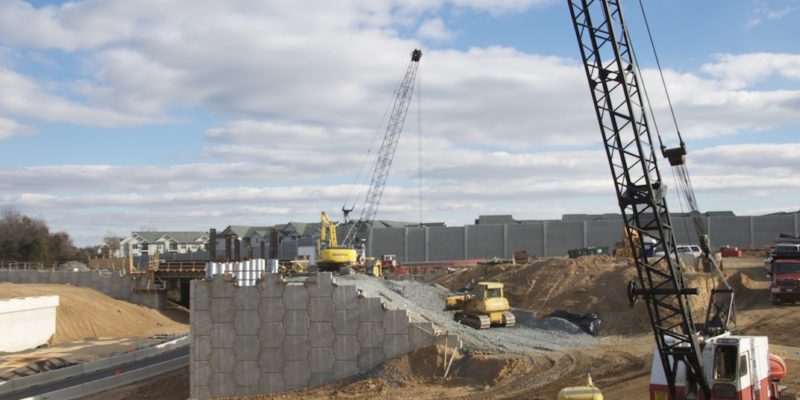WASHINGTON – Fulfilling President Obama’s commitment to make 2014 a year of action to strengthen the economy and grow the middle class, U.S. Secretary of Labor Thomas E. Perez today announced a proposed rule raising the minimum wage for workers on federal service and construction contracts to $10.10 per hour. The proposed rule implements Executive Order 13658, which was announced by the president on Feb. 12.
“A core American value is that hard work should be rewarded with fair pay. And as the president said in his State of the Union address, if you cook our troops’ meals or wash their dishes, you shouldn’t have to live in poverty,” said Secretary Perez. “Raising the minimum wage for workers on federal contracts will provide a much needed boost to many who are working hard, but still struggle to get by, and it will also benefit taxpayers with improved employee retention and productivity. Today the department took an important step toward making the promise of the executive order a reality for thousands of workers.”
“In America, nobody who works full time should have to raise their family in poverty,” said White House Domestic Policy Director Cecilia Muñoz. “President Obama is leading by example, raising the minimum wage for federal contract workers, and governors, mayors and businesses around the country are answering the call to join him. Now it’s time for Congress to finish the job and raise the wage for everyone.”






